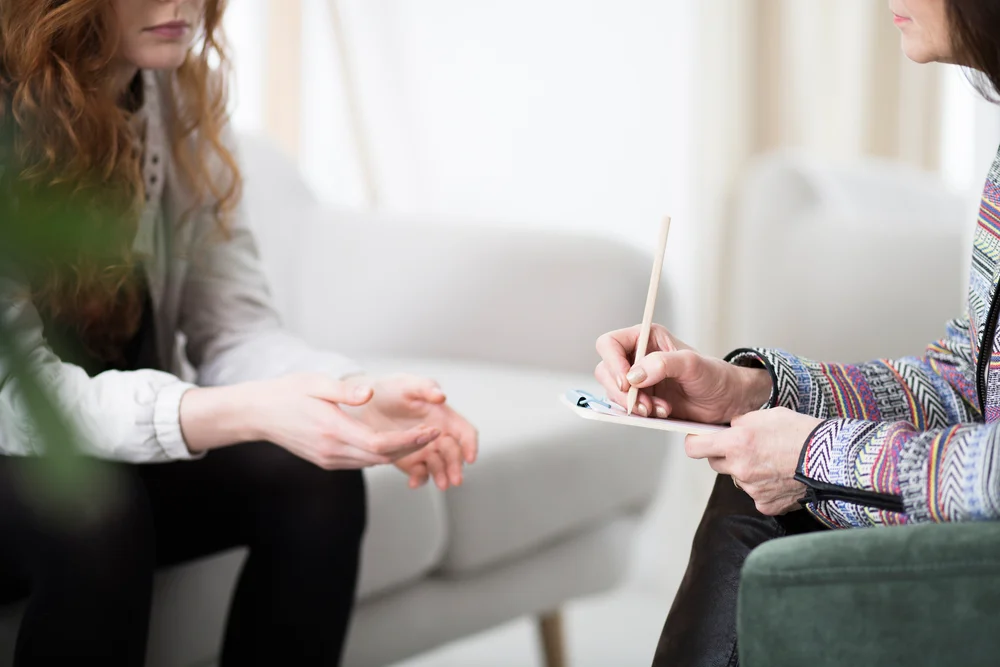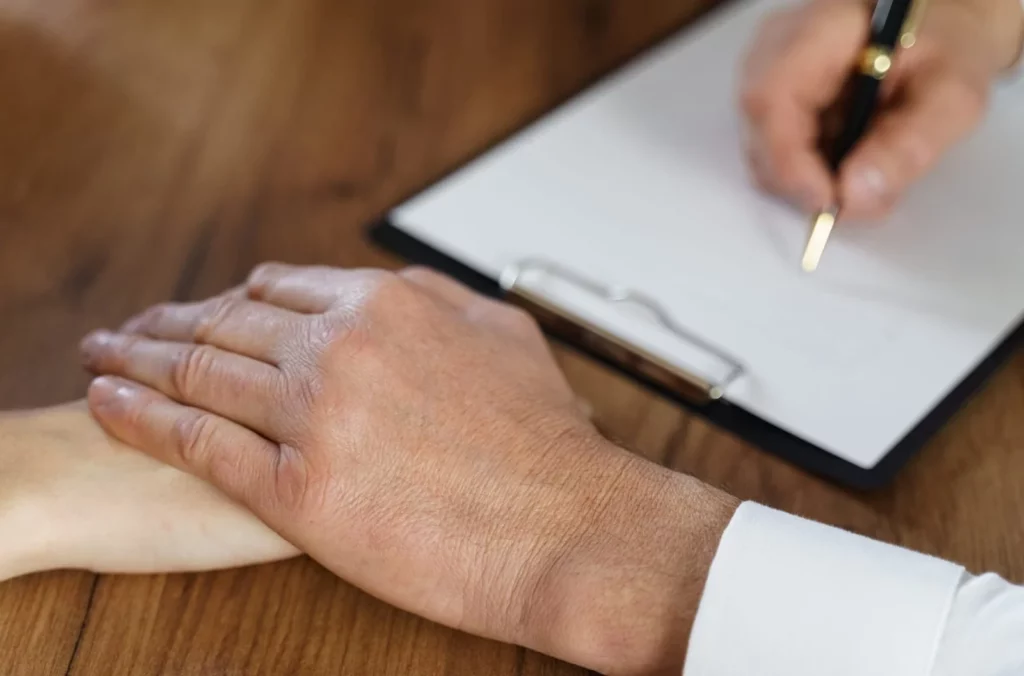Announcement
Figuring out how to get an accurate mental health diagnosis might seem difficult. But if you are struggling with signs and symptoms of mental health issues that you can’t explain any other way, it’s important to obtain an accurate and timely diagnosis from a mental health professional.
Introduction
Mental health disorders can affect everyone, regardless of race, religion, gender, socioeconomic status, or other factors. Without understanding the conditions with which you live, you won’t have the tools or education to control symptoms, recognize triggers, or get professional help when necessary.
It’s essential to recognize and address any mental health concerns you have. Learning how to get a mental health diagnosis will put you on track to get a formal diagnosis, which can help you better understand your condition and get professional treatment.

Signs and symptoms of a mental health disorder
In 50% of people, signs of mental illness start to develop by age 14, and for the rest, usually in the mid-twenties. But what sign should you look out for that indicates the time to get help with a mental health diagnosis?
- Sleep changes:
- Appetite changes
- Mood changes
- Withdrawal
- Cognitive problems
- Apathy
- Increased sensitivity
- Nervousness
- Illogical thinking
- Disconnection
- Decreased function
- Unusual behavior
There are some overlapping signs and symptoms, but a few indicators are only apparent in one or two types of disorders. Speaking with a mental health professional can give you a clearer understanding of the signs and symptoms of your disorder.
Note: When these symptoms arise because of a mental health disorder, you won’t be able to explain them away through any other situation or event. For example:
- A teenager experiencing mood changes or withdrawal might simply have changed their main group of friends, picked a new interest at school, and started puberty.
- Being nervous before public speaking or having problems thinking after several days of insufficient sleep could also explain individual signs and symptoms.
When symptoms persist, and there isn’t a noticeable reason, and you have several symptoms at once, it’s time to reach out.
The earlier you recognize changes and get help, the sooner you can get treatment or learn to control symptoms.
Getting a mental health diagnosis professionally vs. self-diagnosis
All mental health disorders have degrees of severity and several iterations, so signs might be different from one moment to the next or less severe for you than for someone else. For that reason and many more, getting a professional diagnosis is essential rather than trying to self-diagnose.
For example, schizophrenia is only diagnosed if symptoms have persisted for six months or longer. Individuals experiencing a single episode that only lasts a few weeks might be diagnosed with schizoaffective disorder instead. However, if the symptoms remain in effect, that diagnosis could change a few months later.
How to get an accurate mental health diagnosis: Don’t self-diagnose
Getting a professional diagnosis is essential compared to trying to self-diagnose. There can be a lot of misleading information on the internet, which is where most people find resources for self-diagnosis, and healthcare professionals have years of experience understanding diagnostic criteria and are the only qualified individuals to give a diagnosis.
Moreover, if you want treatment for mental health conditions, the federal government requires health insurance providers to cover basic mental health treatment, but many health insurance companies will only do so if you have already received an official diagnosis.
Thankfully getting a mental health diagnosis is not as challenging as you might think. You can get help with mental health diagnosis situations through several resources.

How to get a mental health diagnosis
But how do you know where to get mental health diagnosis help or what the steps are? We explain.
Finding the Right Professional
The first step is to find the right professional. You can find resources through your primary care provider or compare mental health specialists online. If you know someone who has received treatment, you can ask them for a referral.
You want someone who has experience in the area of concern. For example, if you believe you have signs and symptoms of bipolar disorder, you don’t want a facility or individual who only works with anxiety disorders.
Scheduling a Consultation
After that, getting a mental health diagnosis requires scheduling a consultation with your chosen facility. You are more than welcome to schedule consultations with several providers before choosing.
Open Communication
During your consultation, you’ll need to remain open about signs and symptoms you have experienced, any history of things like addiction, genetic predispositions for mental health disorders, and any medication you are on. Figuring out how to get an accurate mental health diagnosis requires that therapists have accurate information during your assessment.
Undergoing Evaluations and Tests
After that, you’ll undergo some evaluations and tests. The evaluations and tests you undergo are contingent upon the type of mental health disorder that you believe or your therapist believes you might be suffering from. You might undergo a few tests before an accurate diagnosis is achieved.
Receiving Preliminary Feedback
You’ll receive preliminary feedback once you have undergone your evaluation or any tests. This feedback will let you know what the mental health professional believes might be affecting you and how you can proceed with any treatment.

Getting a Formal Diagnosis
After you receive your formal diagnosis, you can get help with treatment by way of therapy, medication, and holistic care. This might not happen overnight. Using the example above, your condition could change after your initial evaluation while still falling in the same category of disorder.
Understanding Your Diagnosis and Learning About Your Condition
However, once you have a formal diagnosis in hand, it’s up to you to better understand your diagnosis and learn as much as you can about your condition. This includes using any resources provided by your doctor or mental health care specialist, researching professional organizations that are involved in your condition online, and seeking professional treatment.
Summing Up
Figuring out how to get a mental health diagnosis is not as hard as many people think. However, it can take longer than many people think. For that reason, it’s important that you have realistic expectations and understand that getting a diagnosis will be an emotional journey and will require you to open up.
However lengthy the process might be, seeking professional help and getting a legitimate, formal diagnosis is the key to ensuring you understand things like your triggers, what coping mechanisms might be best, and what treatment is available to you. Self-diagnosis leaves great room for error and doesn’t afford you the opportunity to get professional help.